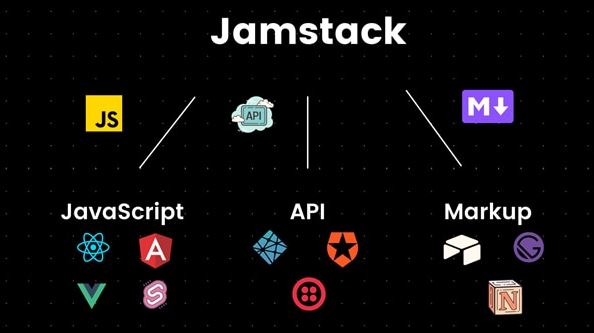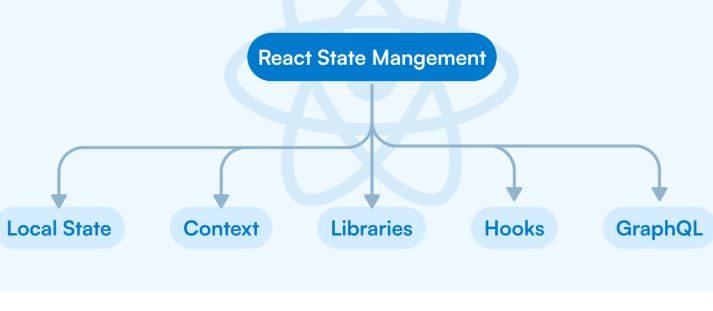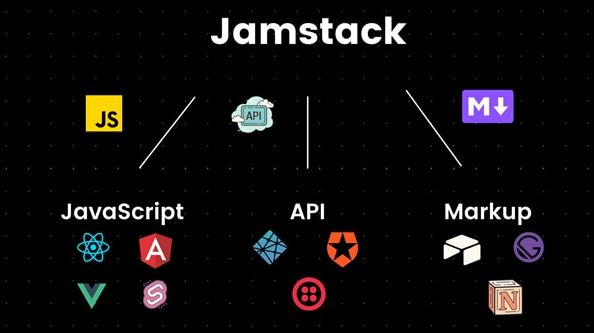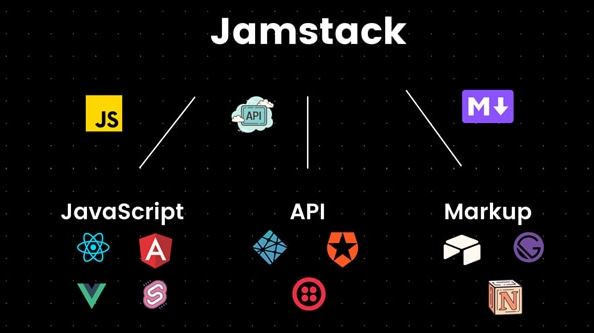Allow One Function Call | #2666 | LeetCode Solution
Author: neptune | 11th-Sep-2023
Problem : Allow One Function Call | #2666 | LeetCode
Given a function `fn`, return a new function that is identical to the original function except that it ensures `fn` is called at most once.
The first time the returned function is called, it should return the same result as `fn`.
Every subsequent time it is called, it should return `undefined`.
Example 1:
Input: fn = (a,b,c) => (a + b + c), calls = [[1,2,3],[2,3,6]]
Output: [{"calls":1,"value":6}]
Explanation:
const onceFn = once(fn);
onceFn(1, 2, 3); // 6
onceFn(2, 3, 6); // undefined, fn was not called
Example 2:
Input: fn = (a,b,c) => (a * b * c), calls = [[5,7,4],[2,3,6],[4,6,8]]
Output: [{"calls":1,"value":140}]
Explanation:
const onceFn = once(fn);
onceFn(5, 7, 4); // 140
onceFn(2, 3, 6); // undefined, fn was not called
onceFn(4, 6, 8); // undefined, fn was not called
Solution:
/**
* @param {Function} fn
* @return {Function}
*/
var once = function (fn) {
let hasBeenCalled = false; // Initialize a flag to track whether fn has been called
return function (...args) {
if (!hasBeenCalled) {
// If fn has not been called before
hasBeenCalled = true; // Set the flag to true to indicate that fn has been called
return fn(...args); // Call fn with the provided arguments and return its result
} else {
// If fn has already been called
return undefined; // Return undefined as specified
}
};
};
/**
* let fn = (a,b,c) => (a + b + c)
* let onceFn = once(fn)
*
* onceFn(1,2,3); // 6
* onceFn(2,3,6); // returns undefined without calling fn
*/
Explanation:
Let's break down the code step by step:
1. The code defines a function called `once` that takes a single parameter, `fn`, which is expected to be a function.
2. Inside the `once` function, a boolean variable named `hasBeenCalled` is initialized to `false`. This variable will be used to track whether the `fn` function has been called previously.
3. The `once` function returns a new function created using a closure. This new function accepts any number of arguments using the rest operator `...args`.
4. Inside the returned function:
- It checks if `hasBeenCalled` is `false`, which means that the `fn` function has not been called before.
- If `hasBeenCalled` is `false`, it sets `hasBeenCalled` to `true` to indicate that the `fn` function has now been called.
- It then calls the original `fn` function with the provided arguments `...args` and returns its result.
5. If `hasBeenCalled` is `true`, indicating that the `fn` function has already been called previously, the returned function simply returns `undefined`, adhering to the behavior of allowing `fn` to be called at most once.
6. Below the `once` function, there's an example of how to use it:
- It defines a function `fn` that takes three arguments and returns their sum.
- It creates a new function `onceFn` by calling `once(fn)`. This new function, `onceFn`, is now capable of ensuring that `fn` is called at most once.
7. It demonstrates the usage of `onceFn`:
- The first call to `onceFn(1, 2, 3)` returns `6` because it calls the original `fn` function and calculates the sum of the arguments.
- The second call to `onceFn(2, 3, 6)` returns `undefined` without calling the original `fn` function again, as it has already been called once.
In summary, the `once` function creates a wrapper function that ensures the original function `fn` is called only once. Subsequent calls to the wrapper function return `undefined` to prevent additional calls to `fn`. This is achieved by using a flag (`hasBeenCalled`) to keep track of whether `fn` has been called before.
#JavaScript #Python #Hackerrank #AI #Motivation #React.js #Interview #Testing #SQL #Selenium #LeetCode #Machine learning #IT #Problem Solving #API #Java #GPT #AWS #Algorithms #Certifications #TCS #Github #Projects #Jobs #Django #Microservice #Node.js #Google #Story #Pip #Data Science #Postman #Health #Twitter #Elon Musk #ML
 Generate Fibonacci Sequence - JavaScript | Hackerank
Generate Fibonacci Sequence - JavaScript | HackerankAuthor: neptune | 07th-Apr-2023
#JavaScript #Hackerrank
Write a JavaScript function fibonacciSequence() to generate a FIbonacci sequence...
 Managing Virtual Environments in React JavaScript Projects
Managing Virtual Environments in React JavaScript ProjectsAuthor: neptune | 28th-Jun-2023
#JavaScript #React.js
Virtual environments are a valuable tool in React JavaScript projects as they allow developers to isolate dependencies, manage package versions, and maintain project consistency...
 To Be Or Not To Be | #2704 | LeetCode Solution
To Be Or Not To Be | #2704 | LeetCode SolutionAuthor: neptune | 03rd-Sep-2023
#JavaScript #LeetCode
Write a function that helps developers test their code. It should take in any value and return an object with the following two functions...
 Apply Transform Over Each Element in Array | #2635 | LeetCode Solution
Apply Transform Over Each Element in Array | #2635 | LeetCode SolutionAuthor: neptune | 05th-Sep-2023
#JavaScript #LeetCode
Given an integer array `arr` and a mapping function `fn`, return a new array with a transformation applied to each element...
 Function Composition | #2629 | LeetCode Solution
Function Composition | #2629 | LeetCode SolutionAuthor: neptune | 09th-Sep-2023
#JavaScript #LeetCode
Given an array of functions [f1, f2, f3, ..., fn], return a new function fn that is the function composition of the array of functions...
 Counter | #2620 | LeetCode Solution
Counter | #2620 | LeetCode SolutionAuthor: neptune | 02nd-Sep-2023
#JavaScript #LeetCode
Given an integer n, return a counter function. This counter function returns n and then n + 1, n + 2, etc...
 Different ways to handle state in React applications
Different ways to handle state in React applicationsAuthor: neptune | 21st-Jun-2023
#JavaScript #React.js
This article explores different ways to manage states in React, including local component state, context API, and state management libraries like Redux...
 Chunk Array | #2677 | LeetCode Solution
Chunk Array | #2677 | LeetCode SolutionAuthor: neptune | 19th-Sep-2023
#JavaScript #LeetCode
Given an array arr and a chunk `size`, return a `chunked` array...
 Counter 2 | #2665 | LeetCode Solution
Counter 2 | #2665 | LeetCode SolutionAuthor: neptune | 04th-Sep-2023
#JavaScript #LeetCode
Write function 'createCounter' It accept an initial integer 'init' It should return an object with three functions- increment() , decrement(), reset()...
 Array Reduce Transformation | #2626 | LeetCode Solution
Array Reduce Transformation | #2626 | LeetCode SolutionAuthor: neptune | 09th-Sep-2023
#JavaScript #LeetCode
Given an integer array `nums` and a reducer function `fn`, and an initial value `init`, return a reduced array...
 Add Two Promises | #2723 | LeetCode Solution
Add Two Promises | #2723 | LeetCode SolutionAuthor: neptune | 12th-Sep-2023
#JavaScript #LeetCode
Given two promises `promise1` and `promise2`, return a new `promise`. `promise1` and `promise2` will both resolve with a number...
 Filter Elements from Array | #2634 | LeetCode Solution
Filter Elements from Array | #2634 | LeetCode SolutionAuthor: neptune | 06th-Sep-2023
#JavaScript #LeetCode
Given an integer array `arr` and a filtering function `fn`, return a filtered array `filteredArr`...
 Arrow Functions in JavaScript | ES6
Arrow Functions in JavaScript | ES6Author: neptune | 26th-Mar-2023
#JavaScript #React.js
In this article, we will explore the syntax and usage of arrow functions in detail, along with some examples...
 Is Object Empty | #2727 | LeetCode | JavaScript Solution
Is Object Empty | #2727 | LeetCode | JavaScript SolutionAuthor: neptune | 01st-Sep-2023
#JavaScript #LeetCode
Given an object or an array, return if it is empty...
 From REST to GraphQL: The Future of API Design
From REST to GraphQL: The Future of API DesignAuthor: neptune | 25th-Feb-2024
#JavaScript
Unlike traditional REST APIs, GraphQL provides a more flexible and intuitive approach to data querying and retrieval...
 How I Built My Blogging Website Using React, Node.js, and Jamstack Architecture?
How I Built My Blogging Website Using React, Node.js, and Jamstack Architecture?Author: neptune | 31st-Jul-2024
#JavaScript #API
Building a blogging website using React, Node.js, and Jamstack architecture was a rewarding experience...
 Do you know ! How to manage State in Functional & Class Components in React ?
Do you know ! How to manage State in Functional & Class Components in React ?Author: neptune | 25th-Jul-2024
#JavaScript #React.js
State management in React has evolved significantly with the introduction of Hooks...
 A Guide to Writing Clean, Readable, and Maintainable Code in JavaScript
A Guide to Writing Clean, Readable, and Maintainable Code in JavaScriptAuthor: neptune | 23rd-Feb-2024
#JavaScript
By incorporating these principles into your coding practices, you contribute to creating code that is not only functional but also maintainable and easily understandable by your peers...
 How to Perform Unit Testing in React Components with Examples?
How to Perform Unit Testing in React Components with Examples?Author: neptune | 25th-Jul-2024
#JavaScript #React.js
Unit testing in React is an essential practice to ensure the reliability and robustness of your components...
 How to Get Started with Jamstack: A Comprehensive Guide?
How to Get Started with Jamstack: A Comprehensive Guide?Author: neptune | 05th-Jul-2024
#JavaScript #API
Getting started with Jamstack involves choosing the right tools, setting up a structured development environment...
 Why, What, and When: Understanding Jamstack?
Why, What, and When: Understanding Jamstack?Author: neptune | 05th-Jul-2024
#JavaScript #API
Jamstack represents a modern approach to web development that addresses many of the challenges faced by traditional architectures...
View More